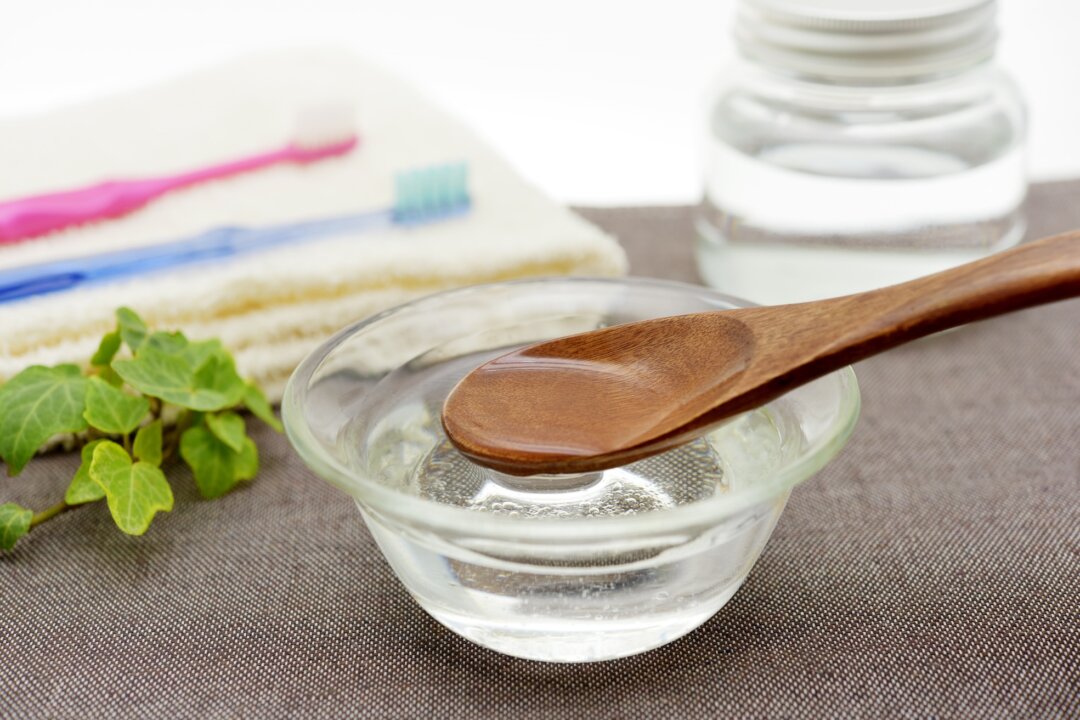“Pseudoscience” or “quackery” are some of the words critics assign to oil pulling. While it should not replace the brushing of teeth, a growing number of scientists agree that this low-cost intervention to gum diseases and promoter of overall well-being has oral health benefits. Dating back 300 to 5000 years, oil pulling comes from the Indian medical tradition of Ayurveda.
Unfortunately, the homeostatic environment of the mouth is weak and easily disturbed by outside influences, such as the use of tobacco, environmental stimuli, or certain medications. Mental Health The results clearly showed a correlation between periodontal disease and emotional disorders. Twelve of the studies showed a significant association with anxiety.

Eighteen studies indicated that patients with gum disease had increased depression. This common denominator in all is inflammation. Pneumonia Diabetes and Cardiovascular Disease Prevents dental carries Improves oral hygiene Decreases oral microbial count Inhibits adhesion of plaque and oral surfaces Reduces gingivitis and halitosis Strengthens oral cavity muscles and jaws Whitens teeth Improves general health Twenty adolescent boys partook in the study.
Divided into two random groups, one swished chlorhexidine mouthwash for 10 minutes each morning before brushing their teeth, while the other did oil pulling with sesame oil. Researchers collected plaque and saliva samples four times during the two-week duration. Both groups displayed a reduction of Streptococcus mutans, which significantly contributes to tooth decay.
Although the plaque count was lowered more quickly in the chlorhexidine control group, the study group caught up. In the end, the study group who oil-pulled experienced an even greater reduction of plaque (P=0.008 versus P=0.
0005). Natural No side effects No bacterial resistance Cost effective No prescription needed Not contradicted for pregnancy Not contraindicated in other diseases “The current fad of “Oil Pulling” is certainly one of the biggest examples of snake oil holistic mumbo-jumbo quackery to grace the surface of our planet,” Payet writes in his blog post. He claims that oil pulling simply cannot work “because it’s just fat.
” The scientists stated: “Coconut oil contains 92% saturated acids, approximately 50% of which is lauric acid. Lauric acid has proven antibacterial and antifungal effects. Evidence showed that coconut oil has significant antimicrobial activity against Escherichia vulneris, Enterobacter spp.
, Helicobacter pylori, Staphylococcus aureus, Candida spp., including C. albicans, C.
glabrata, C. tropicalis, C. parapsilosis, C.
stellatoidea and C. krusei.” Sesame seed oil, which is the traditional oil used in Ayurveda Coconut oil – a pilot study notes a significant decrease in plaque and plaque-induced gingivitis Sunflower seed oil – A pilot study showed that oil-pulling with sunflower seed oil “reduce the overall microbial burden” in the mouth.
Olive oil Palm oil Rice bran oil – a comparative interventional study indicated its superiority in treating halitosis (bad breath). Do not ingest the swished oil. Swallowing oil can lead to stomach upset.
Another more serious, but rare side effect could happen if small particles of the oil are inhaled. This is called lipoid pneumonia . An article about a possible connection between the two has been published in the International Journal of Tuberculosis and Lung Disease.
Children under the age of 5 years should not perform oil pulling..

















